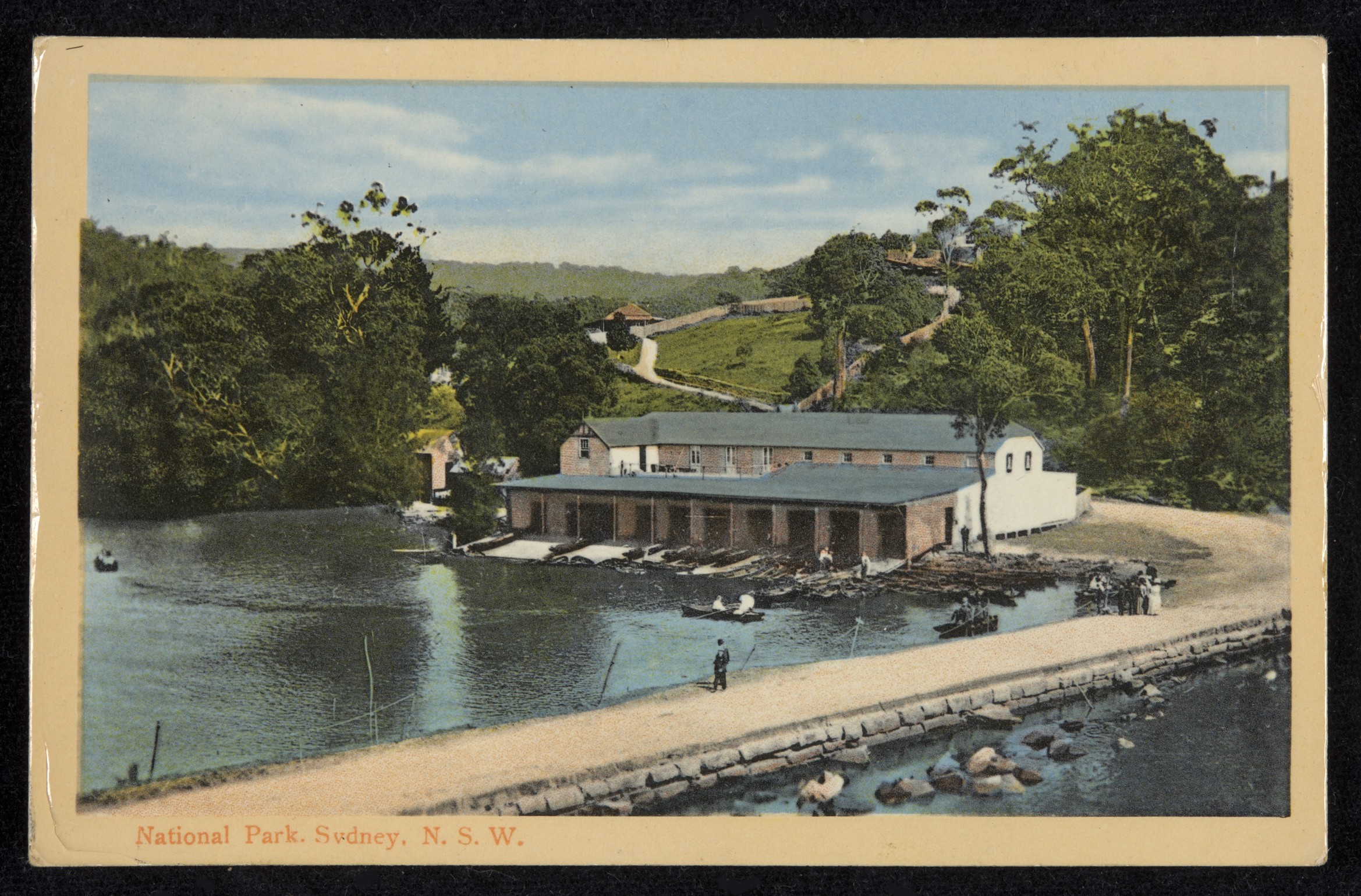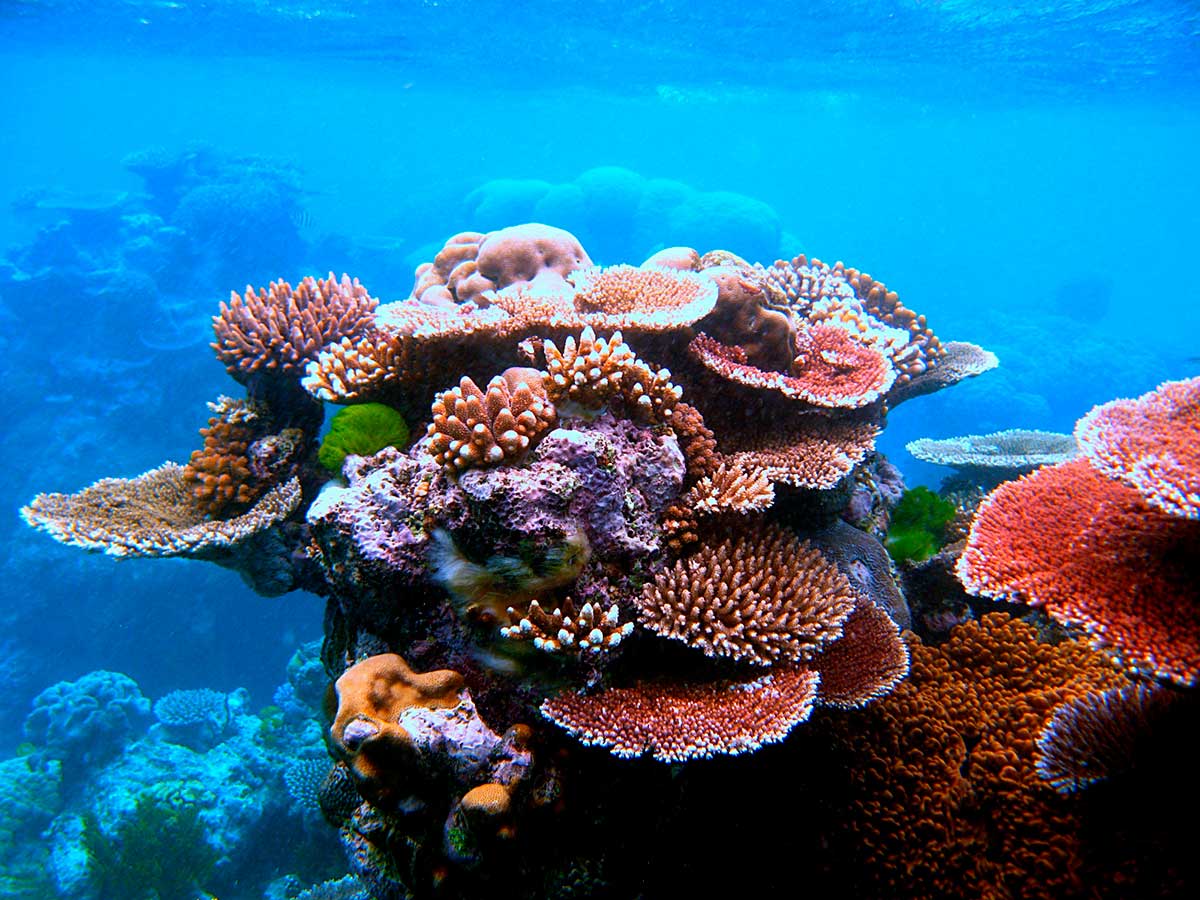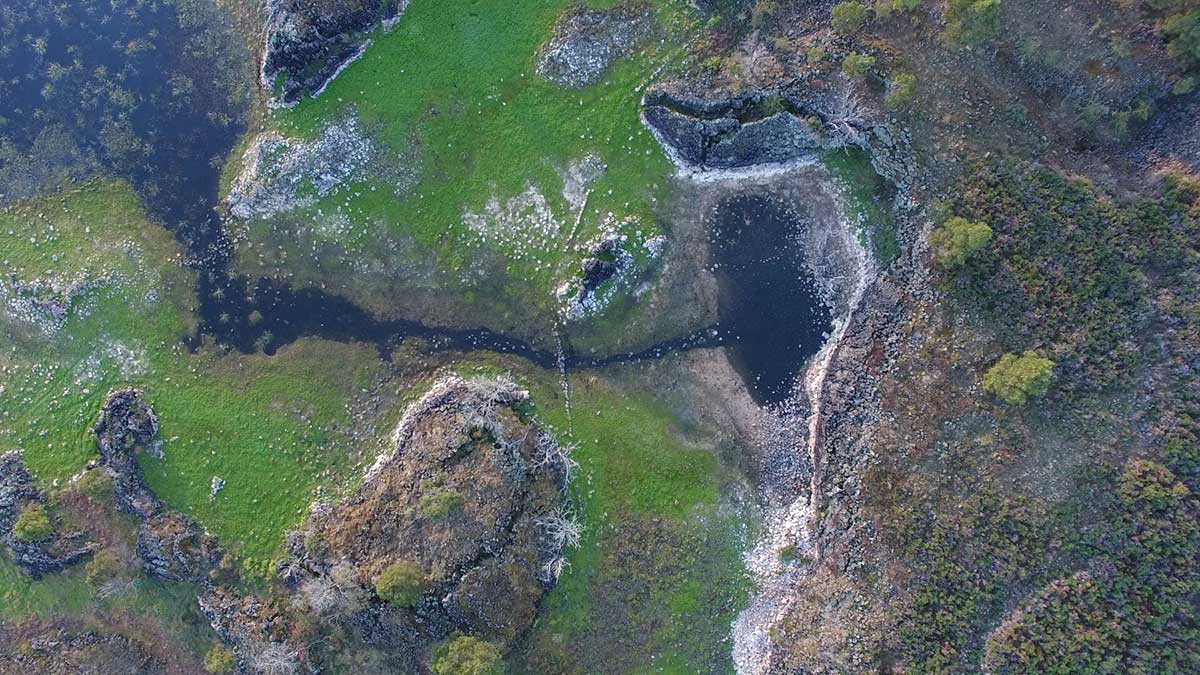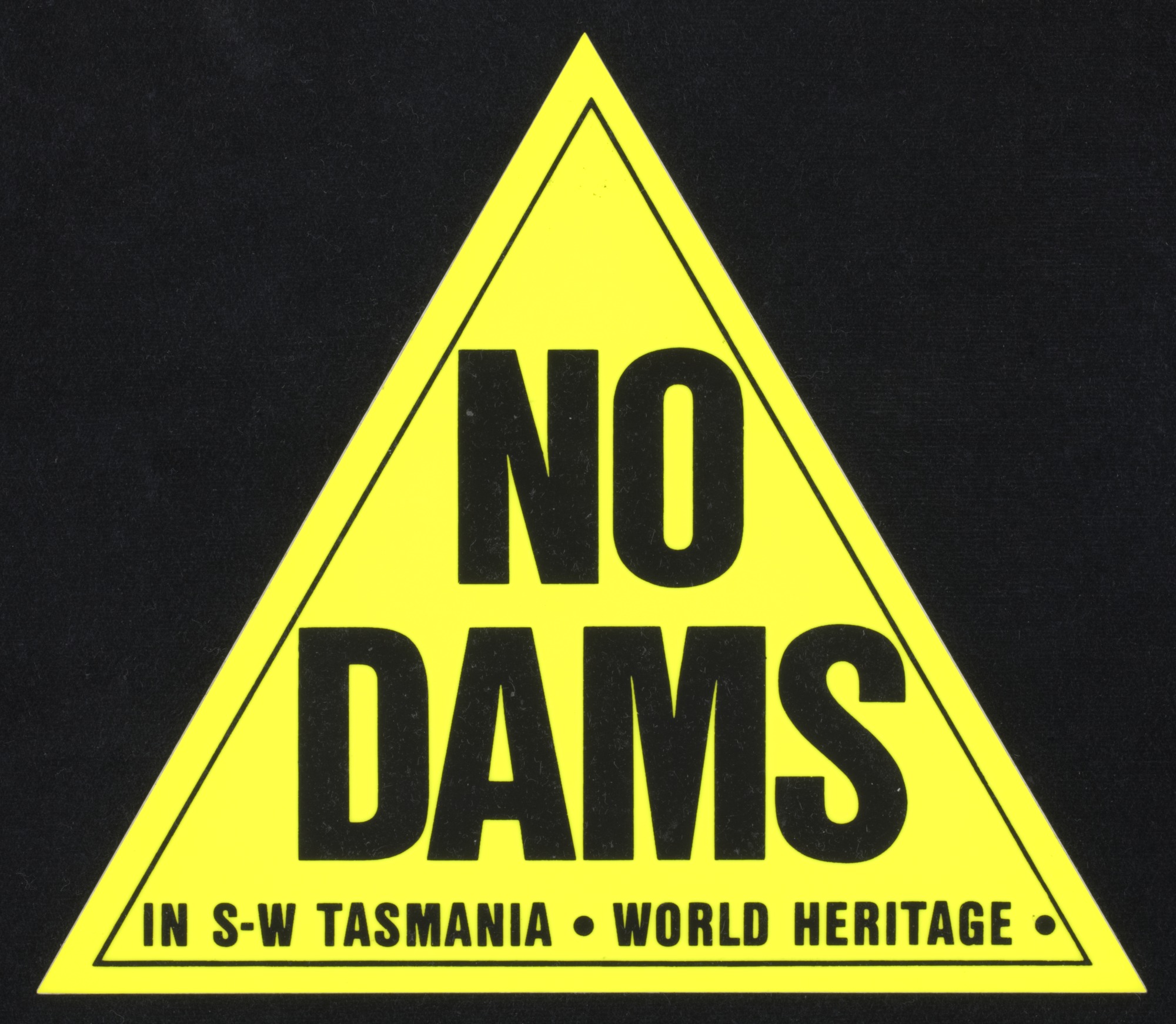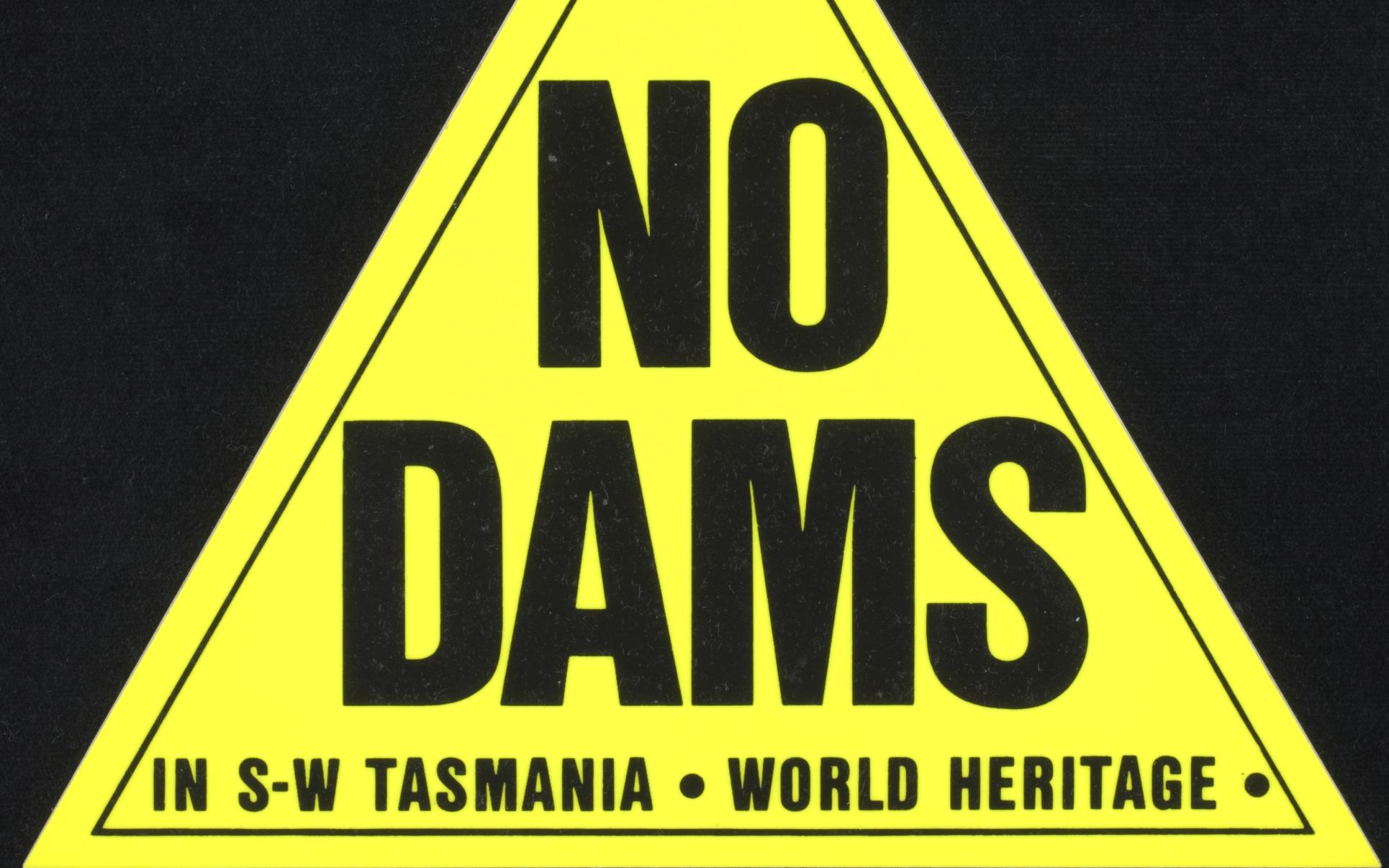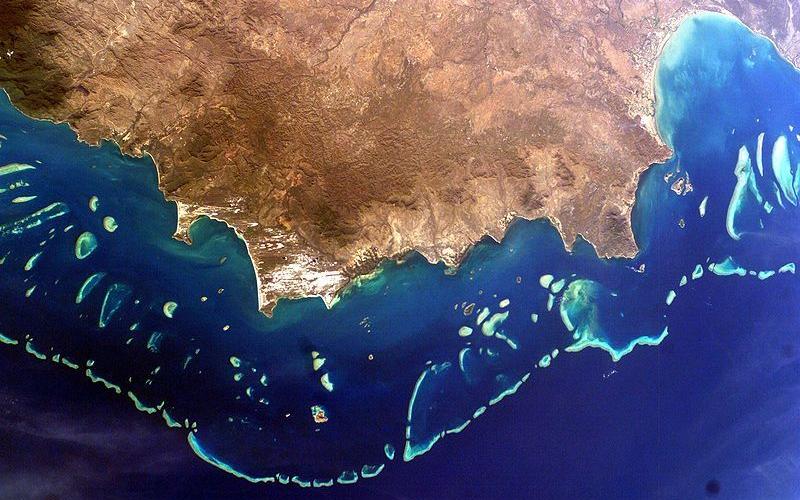Learning module:
The environment movement Defining Moments, 1960s–present
Investigation 1: Thinking about environmentalism
1.5 Can ICAN ban nuclear weapons?
2017 ICAN campaign
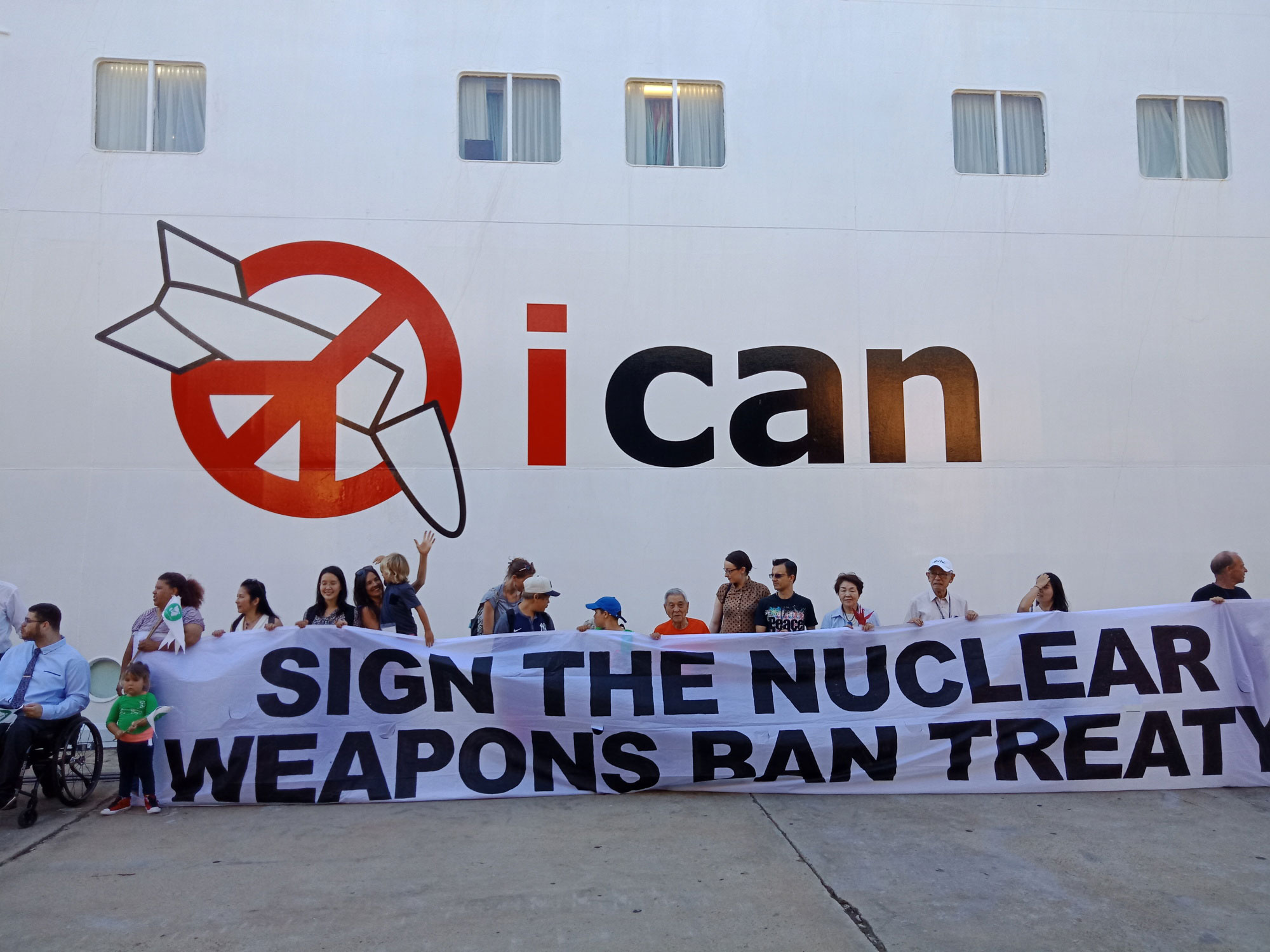
In 2017 an Australian organisation was awarded a Nobel Peace Prize.
The Nobel Prize is a prestigious international award recognising outstanding contributions to humanity in five fields — chemistry, literature, peace, physics, and physiology or medicine, with a parallel and supplementary award for economic sciences. There have been fewer than 1000 winners between 1895 and 2019, and 16 of these have been Australians.
In 2017 the Nobel Peace Prize was awarded to the Australian organisation, the International Campaign to Abolish Nuclear Weapons (ICAN).
What can this event tell us about environment movements, and the exercising of democratic and citizenship rights in Australia?
1. What were the three original aims of ICAN?
2. Which nations have, or are believed to have, nuclear weapons? (You may need to do some further research.)
3. What is the treaty that ICAN supports?
4. What does ICAN aim to achieve through this treaty?
5. What needs to happen for this treaty to come into effect?
6. Why do you think Australia has a responsibility to make a decision about nuclear weapons?
7. For an international treaty to become law in Australia it has to be agreed to and then ratified (given formal consent) by the Australian Parliament. To date, the Australian Parliament has voted to accept it but not to ratify it. What arguments could Australia use to justify not ratifying the treaty?
‘This prize is a tribute to the tireless efforts of many millions of campaigners and concerned citizens worldwide who, ever since the dawn of the atomic age, have loudly protested nuclear weapons, insisting that they can serve no legitimate purpose and must be forever banished from the face of our earth.’
ICAN, ICAN receives 2017 Nobel Peace Prize, https://www.icanw.org/ican_receives_2017_nobel_peace_prize, viewed 23 September 2020
8. What can a study of ICAN tell us about the way citizens can participate in a democracy?
9. What can it tell us about the strengths and weaknesses of movements and organisations for change?
10. Research an argument for or against the adoption of the treaty as law in Australia.
11. Now complete this sentence:






